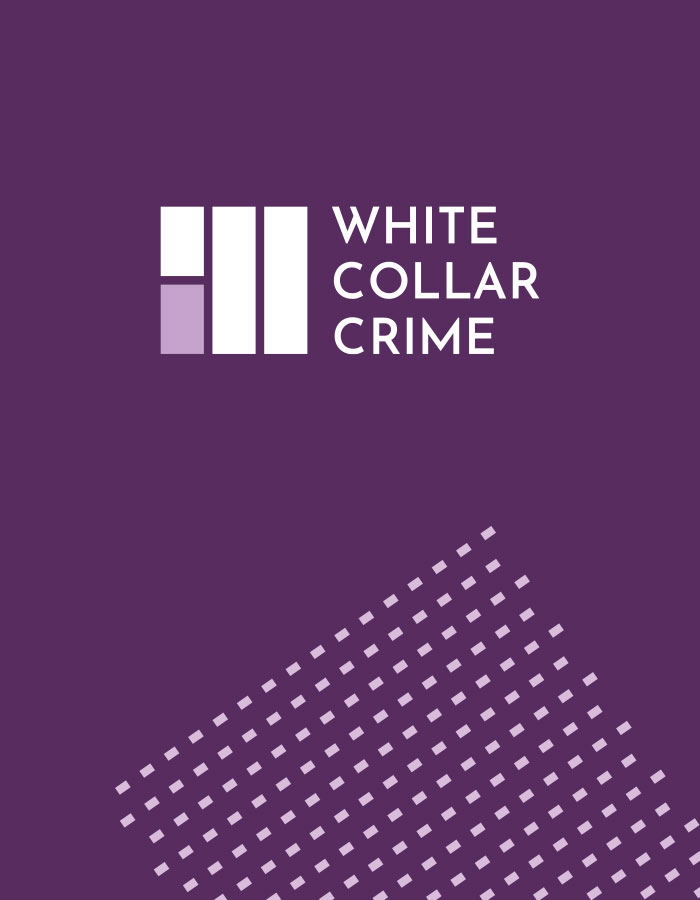Speed read: Phoenixism (liquidating a company only for the same business to re-emerge from the ashes as a fresh entity) is likely to be touted as a ‘quick fix’ to many corporates suffering financial hardship due to Covid-19. Whilst it can be used for legitimate reasons, it can also be exploited by tax evaders. Corporates should be on the alert to ensure that neither they, nor those they transact with, become embroiled in such criminality.
Why now?
Phoenixism is not a new concept. The motivation for such a drastic reincarnation can be founded in a legitimate need to start afresh, in the desire to avoid tax, or even in criminality – including tax evasion.
The current economic decline (the United Kingdom’s GDP dropped by 20.4% in April 2020[i]) is likely to plunge a devastating number of companies into financial ruin. Even certain measures introduced by the government (for example, the suspension of personal liability for wrongful trading for directors who keep their companies afloat during the current emergency[ii]) may lead companies to continue to trade far beyond their means, rendering liquidation inevitable.
Once they have recovered from the initial shock, it may be that some of those companies are able to set up their businesses and start again; this is Phoenixism at its best. However, there will also be the unscrupulous few who use the current upheaval as cover to abandon their creditors (including HMRC), only to re-appear elsewhere, debt-free; this is the darker side of Phoenixism.
How are the authorities fighting back?
In its Debt Management and Banking Manual, HMRC notes the following common features, which may indicate Phoenixism:
- rapid build-up of PAYE
- payment of selected debts (preference)
- transfer of assets, possibly at an undervalue, including work in progress, to a new company or a connected person; this may occur later at arm’s length sale by the liquidator to the directors of the new company
- withdrawal of previously undrawn remuneration and directors’ loans to the company
- redirection of sales proceeds to the new company which may also pay selected debts of the old company but not Crown debts[iii]
The revenue acknowledges that ‘not all phoenix companies are ‘rogue companies’ and that a successor (‘second’) company may be an honest attempt following the genuine failure of the first company'[iv]. However, it is on the look-out for Phoenix companies, which it considers ‘present a higher risk of non-compliance’, and which it keeps under review for 18 months from the date they are first known to the authorities.
The Government has been busy too, introducing measures to tackle both tax avoidance and tax evasion through Phoenixism.
- In 2016, it introduced a Targeted Anti-Avoidance Rule (‘TAAR’) to prevent companies from using Phoenixism to extract funds as a distribution in a winding up (liable to capital gains tax) as opposed to a dividend (subject to income tax). The rule ensures that in certain prescribed circumstances and where it is reasonable to assume the winding up was for tax purposes, such distributions are charged at income tax rates.[v] As such, tax avoidance schemes based on Phoenixism should now have burnt out.
- Tax evasion, however, is very much an ongoing concern. The usual criminal sanctions may apply: for example, the common law offence of cheating the public revenue, statutory tax evasion offences (e.g. s.72 Value Added Tax Act 1994), fraud offences (e.g. fraudulent trading, conspiracy to defraud and fraud by abuse of position). However, it appears that, despite these serious sanctions, such evasion is still prolific. So much so, that the government has published draft legislation which would allow HMRC to issue directors, shadow directors and certain others connected to a company with ‘joint liability notices’ (or ‘JLNs’).[vi] Such notices could be used to render those individuals jointly and severally liable for the company’s tax liabilities when they arise or are expected to arise from tax avoidance, tax evasion, repeated insolvency or a penalty for facilitating avoidance or evasion, and where the company is subject to an insolvency procedure (or there is a serious possibility of it becoming subject to one) such that there is a serious possibility that some or all of the tax liability will be lost to HMRC.[vii] It is hoped that this may disincentivise the use of Phoenixism for improper purposes.
What can corporates and advisers do?
Even before Covid-19, the revenue was increasingly relying on the corporate world to police tax evasion and report to the authorities, whether through the fraud hotline,[viii] by way of Suspicious Activity Reports sent to the National Crime Agency, or by self-reporting a failure to prevent the facilitation of tax evasion under the Criminal Finances Act 2017[ix]. The revenue will be looking to corporates to help in the fight against unlawful Phoenixism now.
As with all forms of tax evasion, corporates and their advisers will therefore need to be on the alert. They would be well-advised to take note of the key indicators of a Phoenix company listed above and to include reference to the heightened risk of fraud in their ‘reasonable prevention procedures’. A failure to do so could leave them exposed to the corporate offences of failure to prevent the facilitation of tax evasion under Criminal Finances Act 2017.[x]
Forewarned is forearmed!
[i] https://www.ons.gov.uk/economy/grossdomesticproductgdp/bulletins/gdpmonthlyestimateuk/april2020
[iii] Debt Management and Banking Manual, 522700
[iv] ibid
[v] Section 396B Income Tax (Trading and Other Income) Act 2005
[vi] https://commonslibrary.parliament.uk/research-briefings/cbp-8802/
[vii] Clause 97 and Schedule 12 of Finance Bill 2020 (previously Finance Bill 2019/20).
[viii] Now also online: https://www.gov.uk/report-an-unregistered-trader-or-business
[x] Sections 46 and 46 Criminal Finances Act 2017







